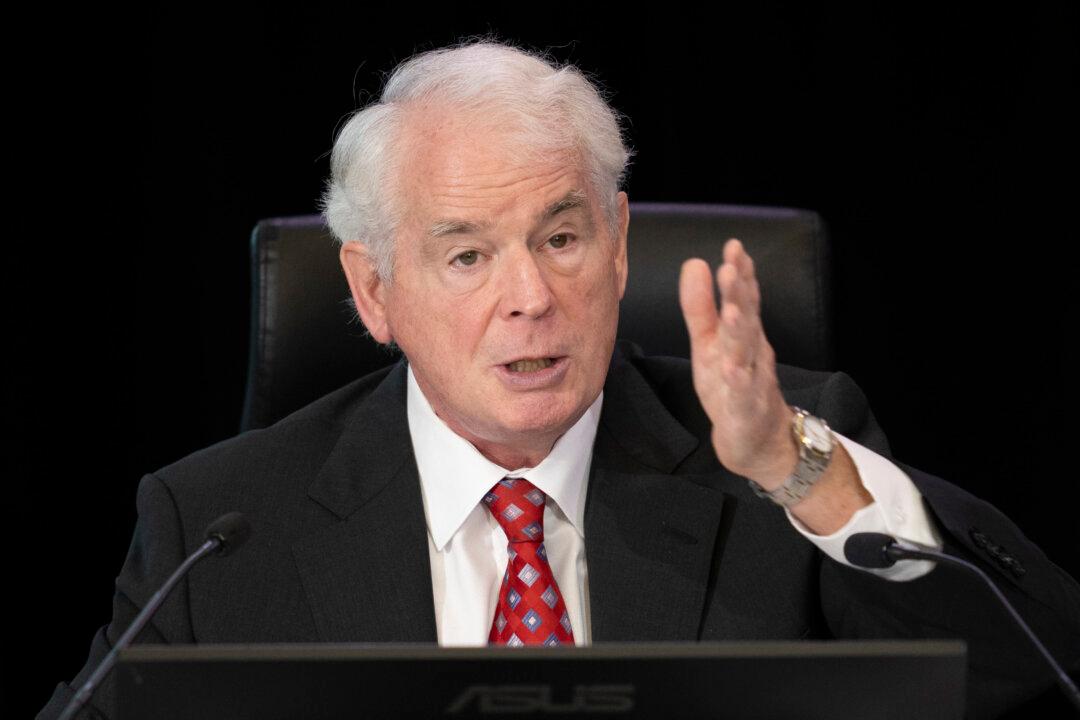Commentary
If Commissioner Paul Rouleau had applied his intellect to the culinary arts he would be touted as being the first cook to boil the perfect egg, producing a yolk that was both perfectly hard-boiled and runny at the same time.

If Commissioner Paul Rouleau had applied his intellect to the culinary arts he would be touted as being the first cook to boil the perfect egg, producing a yolk that was both perfectly hard-boiled and runny at the same time.